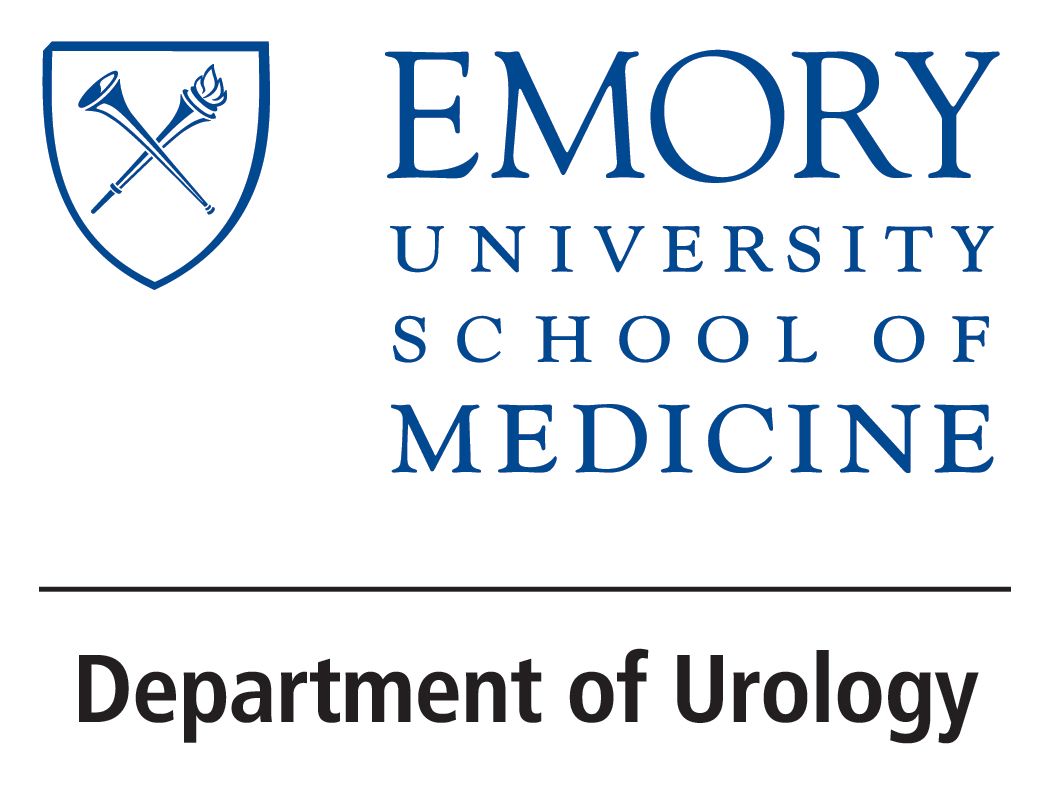
Dr. Narayan on next steps with nadofaragene firadenovec in NMIBC

“The hope is that we can collaborate with folks who might be interested in trying nadofaragene plus something else, something that compliments the mechanism of action, so that we can build upon what we have now,” says Vikram M. Narayan, MD.
In this interview, Vikram M. Narayan, MD, discusses what remains unknown with nadofaragene firadenovec following the publication, “Mechanism of action of nadofaragene firadenovec-vncg,” for which he served as the lead author. Narayan is an assistant professor of urology at the Emory University School of Medicine in Atlanta, Georgia.
Video Transcript:
We were pleased with the 3-month complete response data from the phase 3 trial, which, just as a reminder, [was] 54% amongst CIS patients. But if you looked at the durability among all patients who got nadofaragene out to a year, it was closer to only about 25%. So, there is a lot left unknown with respect to how we can augment and improve upon the efficacy that we observed in the short-term period. One way might be to do re-dosing, which was never done in the phase 3 trial. There may be opportunities for combination therapies as well. By having a better understanding of the mechanism of action, the hope is that we can collaborate with folks who might be interested in trying nadofaragene plus something else, something that compliments the mechanism of action, so that we can build upon what we have now to offer the BCG-unresponsive patients something even more that works better.
This transcription has been edited for clarity.
Newsletter
Stay current with the latest urology news and practice-changing insights — sign up now for the essential updates every urologist needs.






